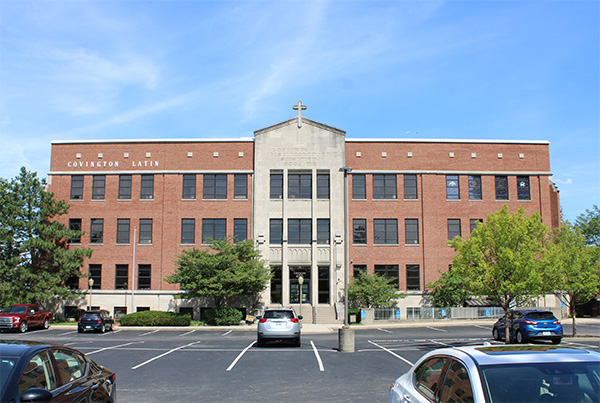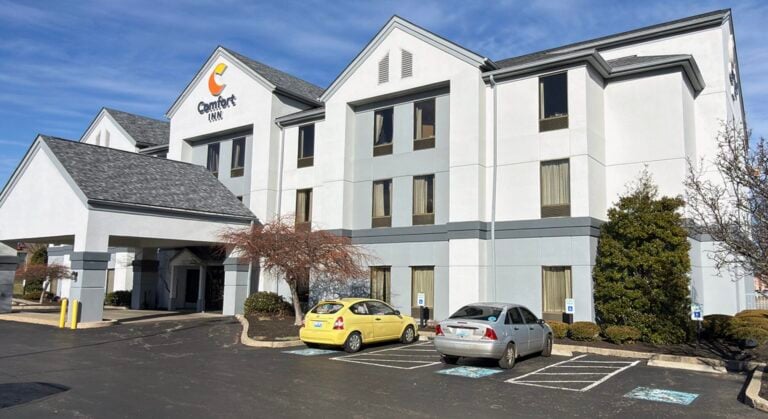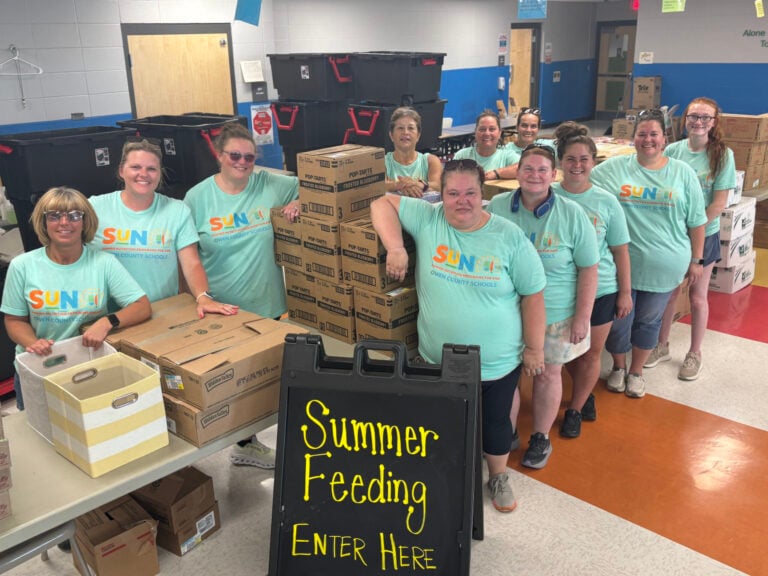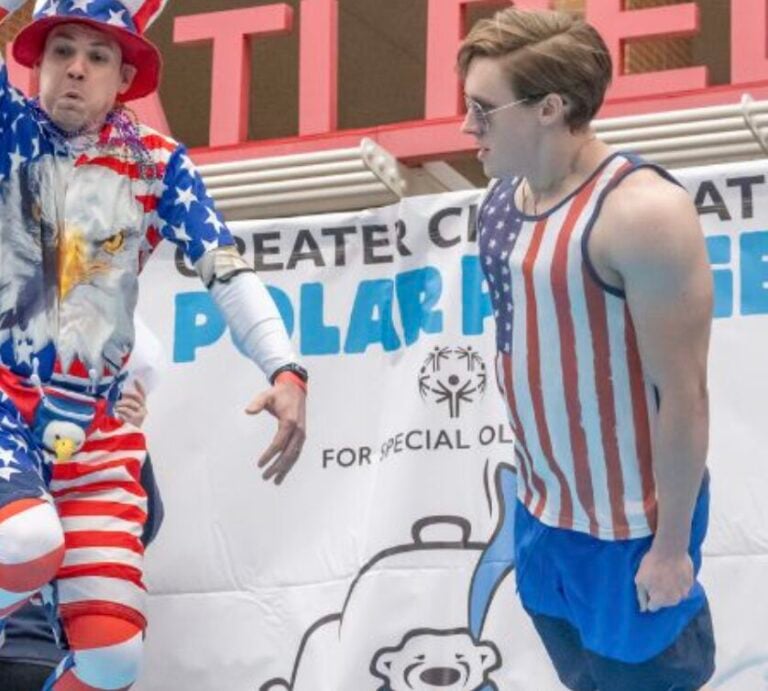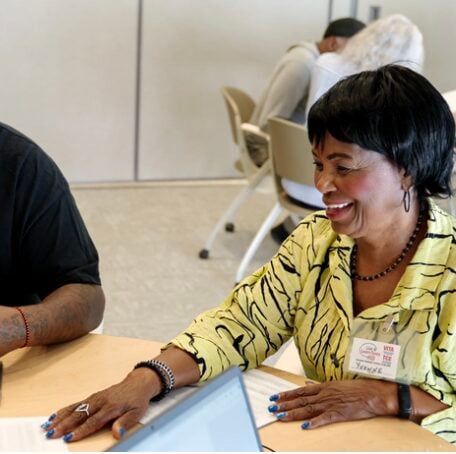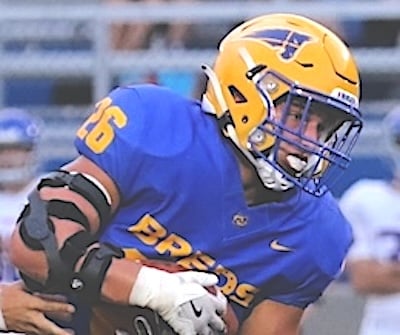(Editor’s note: We’re celebrating ten years of Our Rich History! You can browse and read any of the past columns, from the present all the way back to our start on May 6, 2015, at our newly updated database here.)
By Paul A. Tenkotte, PhD
Special to NKyTribune
I have a confession to make. When Dan Hurley, my colleague and regional historian, asked me to review his new book on his father’s World War II experiences, I was honored but hesitant, expecting a volume of hundreds of wartime letters replete with personal and family matters. My assumptions could not have been further from the truth.
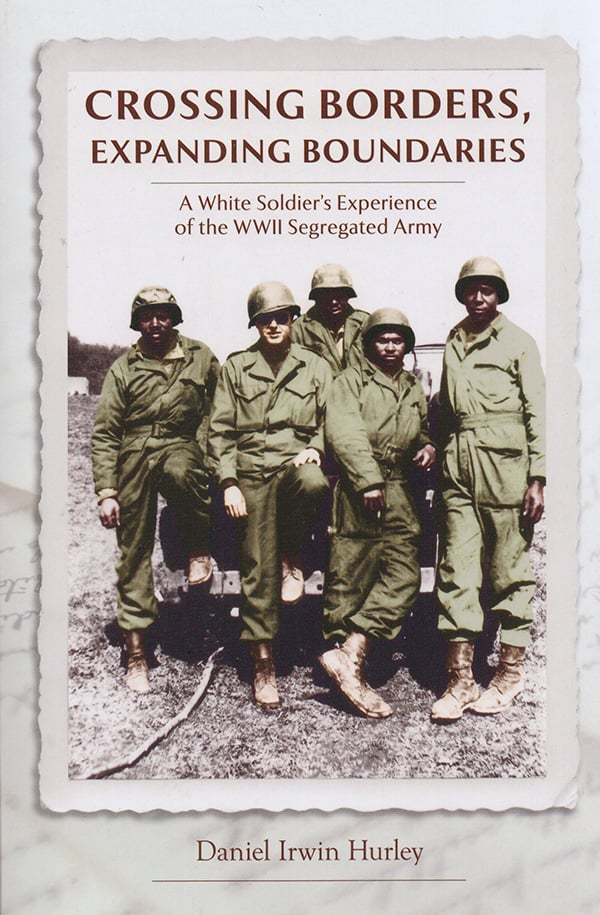
Dan Hurley’s newest book, entitled “Crossing Borders, Expanding Boundaries: A White Soldier’s Experience of the WWII Segregated Army,” is a powerful and provocative work on at least four distinct intersecting levels. First, it examines the life of a young yet mature man, Walter Irwin Hurley, who—already a college and law school graduate, married, professionally employed, and a homeowner—was drafted into the army during World War II. Irwin’s experience resonates with anyone who’s had plans disrupted by unforeseen events that deeply alter life’s direction.
At a second level, “Crossing Borders, Expanding Boundaries” examines Irwin Hurley’s efforts to understand experiences unfamiliar to his sheltered background. Dan Hurley expresses this best:
“Every new experience, whether stateside or in Europe, introduced him to people and situations that forced him to expand his horizons beyond the middle-class, suburban, white, Catholic world of Northern Kentucky/Greater Cincinnati where he grew up. He had to learn how to relate to working-class enlisted men, a Jewish superior officer, African Americans from Mississippi and Louisiana, French civilians with ‘foreign’ social mores, and German civilians who practiced Roman Catholicism but embraced an anti-Semitic ideology that made the horrors of the Holocaust possible” (p. xiii).
Dan Hurley’s vast experience as a historian and journalist enables him to weave his father’s letters and diaries into a well-researched, contextual survey of World War II on both domestic and foreign fronts. Whether you’re a novice to the war’s progression, or simply in need of a review, the author accompanies each reader as they discover or rediscover particular elements. Hurley is a master of “connecting the dots” in an understandable and relatable manner. Especially stirring is his treatment of Lieutenant Hurley’s reminiscences about two visits to the atrocities of the Nazi concentration camp of Dachau (pp. 192–202).
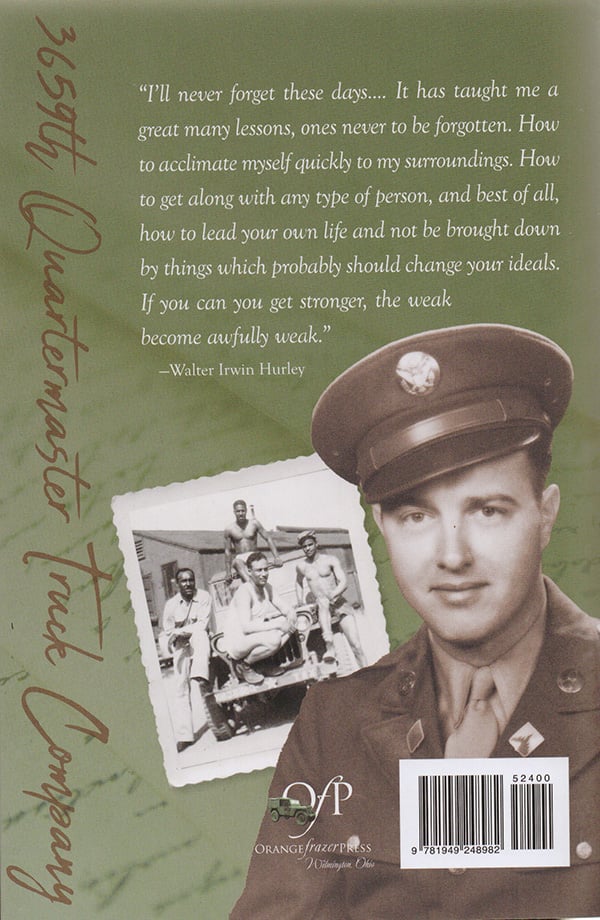
At a third level, this is a regional history about Northern Kentucky and Cincinnati. From Irwin’s educational experiences at Blessed Sacrament School (Fort Mitchell, Kentucky) and St. Xavier High School and Xavier University (Cincinnati), his growing up in Park Hills, Kentucky (where his father served as the second mayor), the segregation of Cincinnati/Northern Kentucky (p. 81), to being inducted into the army at the “roach-infested” Fort Thomas Reception Center (p. 3), we learn personal stories of our shared regional past. After the war, Irwin’s return to his civilian job at Columbia Federal Savings and Loan in Covington, his love of golf, and the raising of his family in Park Hills complete the portrait.
On the fourth and final level, this book is a kind of reckoning for all of us to understand our own parents. Dan Hurley, like myself, loved his parents but still struggled with questions left by their deaths. In this case, Dan’s father’s died suddenly of a heart attack at only sixty-two years of age. Dan admits that, after “almost fifty years of ‘doing history,’ the exercise of writing this book has drilled home a basic principle that I have grappled with my whole career—remembering that people living through an event don’t know the outcome” (p. xvi). This personal insight is joined by a deeper question in the final chapter—“How do any of us process and integrate challenging experiences that do not easily translate into our everyday lives?” (p. 247)
The answer to this enduring question Is perhaps not as murky as we might think. In 1946 Irwin “returned home and picked up the threads of his personal, professional, and community life… Life moved on.” The lessons were personal but often difficult to translate to others who had neither experienced nor seen the horrors of war, as had Irwin and the Greatest Generation. “Unless we find ways to repeatedly push beyond our comfort zones, growth stalls and insights can be forgotten,” Dan Hurley reasons (p. 248). “We must continuously search out new borders to cross and new boundaries to push back if we are to continue to deepen our humanity.”
In essence, Dan’s father (of the Greatest Generation) and my father (of the Silent Generation) shared the same principles. Not surprisingly, Dan’s and my lives are strikingly similar. Although separated by more than a decade in age, Dan and I both grew up in Park Hills. We both attended Catholic elementary and all-male high schools, studied history, became historians, and dedicated our lives to making our communities better and more inclusive spaces in which to live, work, and play. Our abilities to embrace that American dream, and to wish it for others, arises from our parents’ beliefs, who instilled that sense of fairness in us—even if at times that dream sometimes lacked the hands, feet, and voices that our own generation has given it. For that, we are abundantly blessed.
Hurley, Daniel Irwin. “Crossing Borders, Expanding Boundaries: A White Soldier’s Experience of the WWII Segregated Army.” Wilmington, OH: Orange Frazer Press, 2025.
“Crossing Borders” is available at local bookstores including Rookwood Point, Joseph Beth and Ohio Bookstore, as well as on Amazon. Dan will speak on Saturday, November 1 at the Latonia Branch of the Kenton County Public Library. All are invited. For more information visit kentonlibrary.bibliocommons.com.
Paul A. Tenkotte, PhD is Editor of the “Our Rich History” weekly series and Professor of History at Northern Kentucky University (NKU). Browse ten years of past columns here. Tenkotte also serves as Director of the ORVILLE Project (Ohio River Valley Innovation Library and Learning Engagement). For more information see orvillelearning.org. He can be contacted at tenkottep@nku.edu.








